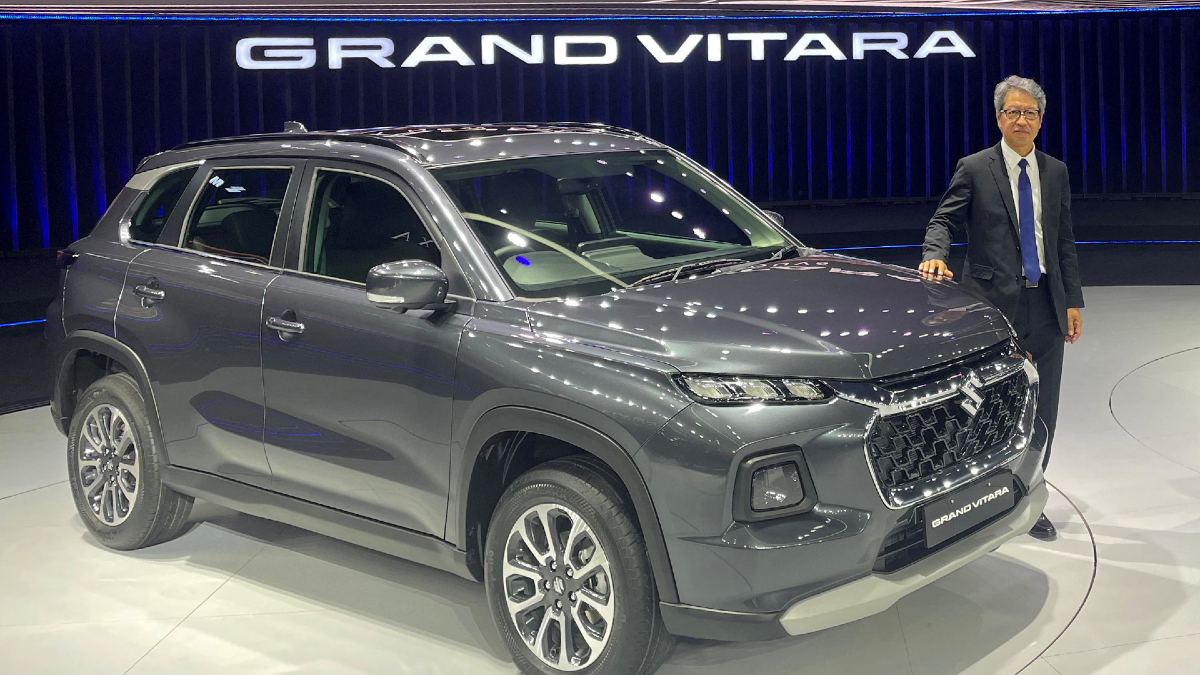In response to rising input costs and operational expenses, Maruti Suzuki India Limited announced a price increase across its car models effective January 2025.
The hike, which is expected to be up to four percent, will vary depending on the model, according to a company statement released today.
The automaker emphasized its ongoing efforts to optimize costs and minimize the impact on customers. However, the company acknowledged that some portion of the increased costs must be passed on to the market to sustain operations and maintain quality standards.
Maruti Suzuki, the country's largest carmaker, reported strong growth in total passenger vehicle sales, reaching 141,312 units during November. This marked an increase from 134,158 units sold in November 2023. However, the company's sales in October 2024 were higher at 159,591 units, indicating a month-on-month decline. In November 2024, Maruti Suzuki India Limited recorded total vehicle sales of 181,531 units. This included domestic sales of 144,238 units, sales to other original equipment manufacturers (OEMs) of 8,660 units, and exports of 28,633 units.
The announcement of a price increase from Maruti Suzuki India comes amid similar moves by other leading automotive brands. On December 5, Hyundai Motor India Limited (HMIL) revealed a price hike of up to Rs. 25,000 across its Model Year 2025 vehicles, effective January 1, 2025.
HMIL attributed the increase to escalating input, logistics, and transportation costs, compounded by adverse exchange rates. Tarun Garg, Whole-time Director and COO of HMIL, stated that while the company endeavors to absorb costs as much as possible, the adjustment is necessary to offset sustained cost escalations.
Earlier, on December 2, Audi India also declared a three percent price increase for its lineup, citing similar reasons. The luxury automaker highlighted the importance of this revision to ensure sustainable growth for the company and its dealer partners.
Price adjustments at the start of the year have become an industry norm, allowing automakers to align pricing strategies with rising costs from the preceding year. These revisions aim to balance operational sustainability and market competitiveness.


